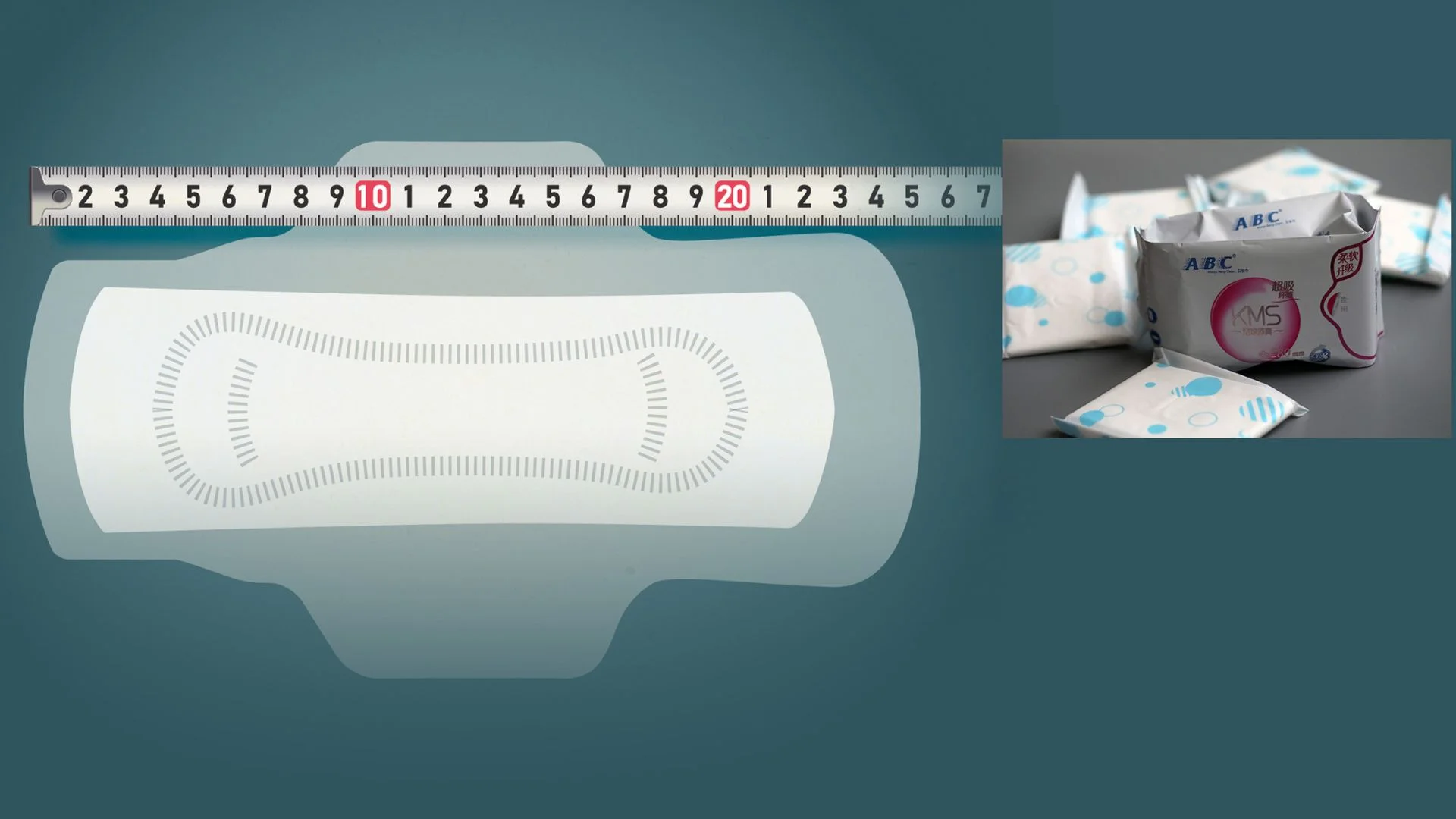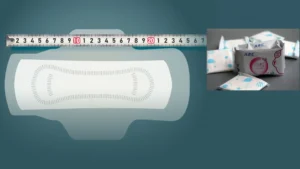Women’s Complaints Unleash Backlash on Social Media
A major controversy has erupted on China’s social media platforms Weibo and Xiaohongshu, where women are accusing several large companies of reducing the size and quality of their sanitary pads. The allegations began in late November when a woman posted on Xiaohongshu, measuring 10 pads and discovering they were five to 20 millimeters shorter than advertised. Her post quickly went viral, sparking widespread outrage and causing major sanitary pad manufacturers to issue apologies.
The Shrinking Pad Problem
The uproar started when the woman questioned why sanitary pads, which were supposed to be 200 mm long, were shrinking in size. “Is it really that difficult to make standard pads 200 mm long these days?” she asked. Many others voiced their frustration online, accusing companies of dishonesty. “Sanitary pads are already so expensive, and now they are falsifying the length. Do they have no morals?” one user wrote on Weibo.
Local news outlet The Paper investigated the claims and analyzed the size of 20 different sanitary pads. Their findings showed that nearly 90% of the products measured at least 10 mm shorter than the size listed on the packaging, further fueling the fire. From November 23 to 24, sanitary pads became a trending topic on Weibo, with the hashtag “What to use after sanitary pad scandal” reaching number 11 on the Hot Search list.
Brands Respond to Outrage
The controversy deepened when ABC, a popular Chinese sanitary pad brand, dismissed the complaints. One customer service representative allegedly told a dissatisfied consumer, “If you cannot accept the length difference, then you can choose not to buy it.” Some defended the shrinking pads, claiming that minor variations in product sizes were normal and legally permissible. According to Chinese law, a discrepancy of up to 4%, or 10-15 millimeters, is allowed.
However, the backlash continued, forcing ABC to issue a formal apology. They acknowledged that their initial response was “inappropriate” and promised that by March 2025, their products would meet national standards with “zero deviations.” Other brands, such as Shecare and Beishute, followed suit with their own apologies.
A Long History of Sanitary Product Controversies
This isn’t the first time that feminine hygiene products have sparked controversy in China. Last year, activists took to social media to protest the high 13% Value Added Tax (VAT) on sanitary products, which is the same tax rate applied to imported goods. In 2021, a well-known sanitary pad brand, Space 7, came under fire when a needle was discovered inside one of its products, leading to an apology from the company. In 2016, authorities uncovered a large-scale counterfeit sanitary pad operation in southeast China.
Despite these ongoing issues, menstruation remains a sensitive and often taboo subject in China, where discussions around feminine hygiene products and menstruation have historically been met with resistance. The recent uproar over shrinking pads is a reminder of the persistent challenges faced by women in the country when it comes to accessing quality menstrual products.













